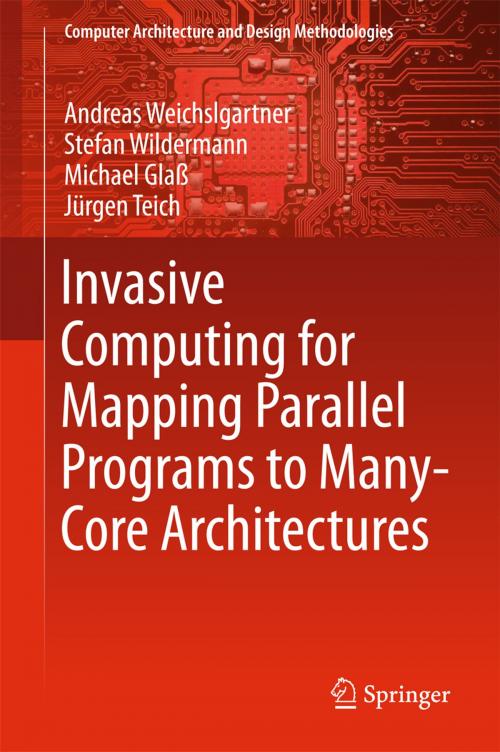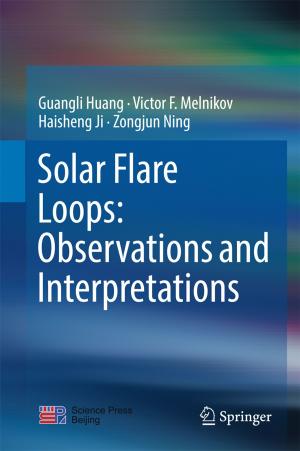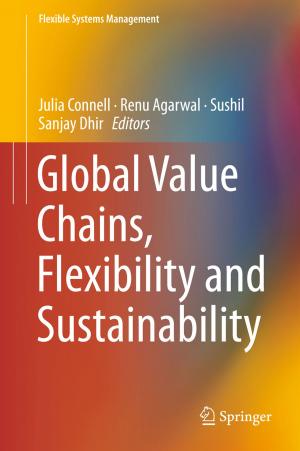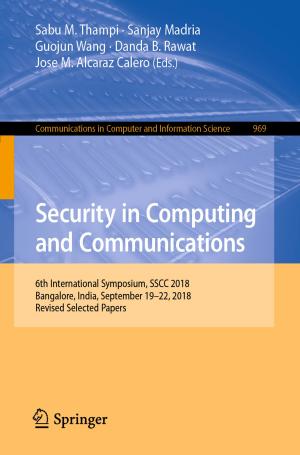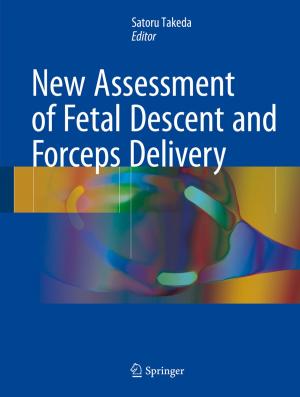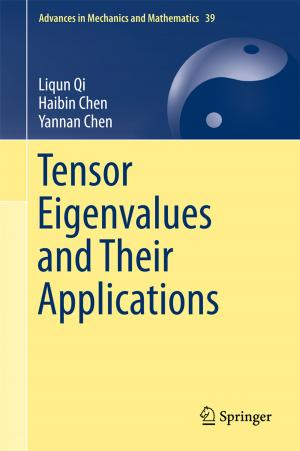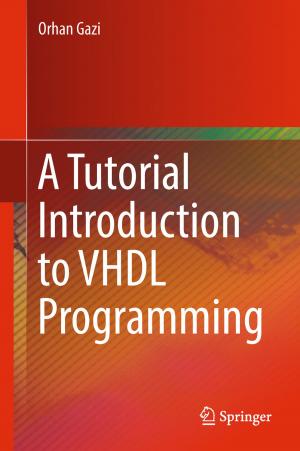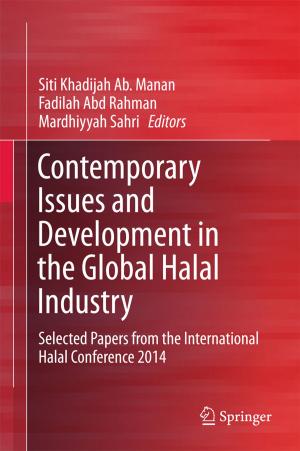Invasive Computing for Mapping Parallel Programs to Many-Core Architectures
Nonfiction, Science & Nature, Technology, Electronics, Circuits, Computers, Advanced Computing, Engineering, Computer Architecture| Author: | Andreas Weichslgartner, Stefan Wildermann, Michael Glaß, Jürgen Teich | ISBN: | 9789811073564 |
| Publisher: | Springer Singapore | Publication: | December 29, 2017 |
| Imprint: | Springer | Language: | English |
| Author: | Andreas Weichslgartner, Stefan Wildermann, Michael Glaß, Jürgen Teich |
| ISBN: | 9789811073564 |
| Publisher: | Springer Singapore |
| Publication: | December 29, 2017 |
| Imprint: | Springer |
| Language: | English |
This book provides an overview of and essential insights on invasive computing. Pursuing a comprehensive approach, it addresses proper concepts, invasive language constructs, and the principles of invasive hardware. The main focus is on the important topic of how to map task-parallel applications to future multi-core architectures including 1,000 or more processor units. A special focus today is the question of how applications can be mapped onto such architectures while not only taking into account functional correctness, but also non-functional execution properties such as execution times and security properties.
The book provides extensive experimental evaluations, investigating the benefits of applying invasive computing and hybrid application mapping to give guarantees on non-functional properties such as timing, energy, and security. The techniques in this book are presented in a step-by-step manner, supported by examples and figures. All proposed ideas for providing guarantees on performance, energy consumption, and security are enabled by using the concept of invasive computing and the exclusive usage of resources.
This book provides an overview of and essential insights on invasive computing. Pursuing a comprehensive approach, it addresses proper concepts, invasive language constructs, and the principles of invasive hardware. The main focus is on the important topic of how to map task-parallel applications to future multi-core architectures including 1,000 or more processor units. A special focus today is the question of how applications can be mapped onto such architectures while not only taking into account functional correctness, but also non-functional execution properties such as execution times and security properties.
The book provides extensive experimental evaluations, investigating the benefits of applying invasive computing and hybrid application mapping to give guarantees on non-functional properties such as timing, energy, and security. The techniques in this book are presented in a step-by-step manner, supported by examples and figures. All proposed ideas for providing guarantees on performance, energy consumption, and security are enabled by using the concept of invasive computing and the exclusive usage of resources.
